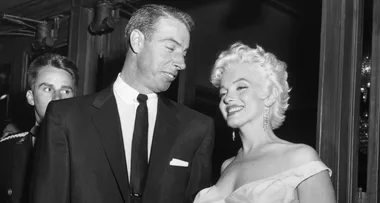There’s nothing quite like the rush and exhilaration of falling in love. All of a sudden, a person you knew nothing about becomes the most important part of your world.
While many of us like to maintain our independence in relationships, there’s a gravitational pull that brings us closer, that makes us consider our partner in the way we do life and, essentially, orbit around them.
Now, scientists have found the exact reason that love hijacks your brain and gives you rose-coloured glasses.

The 2023 study, out of Australian National University, looked at the link between romantic love and our behavioural action systems (BAS). The BAS is a system that is activated by rewards, encouraging us in behaviour that will get us something desired.
Researchers spoke to 1556 participants that were “in love” about how they interacted with their partners. In doing so, they found that love makes our brains a one-track mind, placing the person we love at the centre of our lives.
The biological reason for this is all about hormones. Being in love flushes the body with oxytocin (a love and social hormone) and dopamine (a reward and pleasure hormone), making you feel deliciously content with your life and your loved one.

Scientists say that these changes in the body cause the behavioural action system to ‘fire’, increasing things like energy, confidence, pleasure, social battery and curiosity.
It’s not just when we feel love that the behavioural action system fires, it’s also when we behave certain ways, which means you’re more likely to moon over your partner, because you’ll get all those lovely feelings in droves.
This is probably why, when you vibe someone, you want to wear their hoodie, hold their hand or call them at lunch – your body is literally rewarding you for it.

These processes may feel like a bit of an evolutionary push towards procreating, but whatever the underlying reason, it does explain why loved ones take on a special importance in romantic love.
Researchers say this kind of study is very important, as there hasn’t been a lot done on romantic love and how it drives our behaviours and emotions.
Their next study? Looking into how approaches to love and the way the BAS fires differ between men and women. We’d hedge a guess that it’s a lot.



